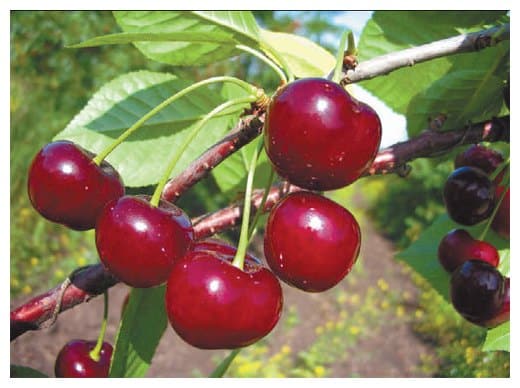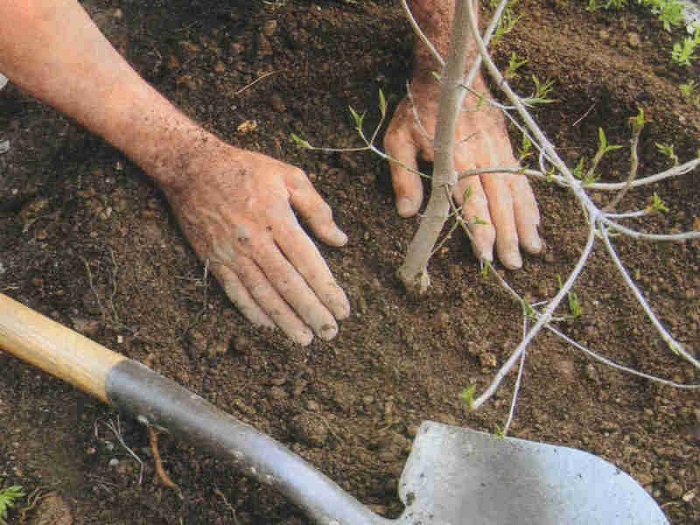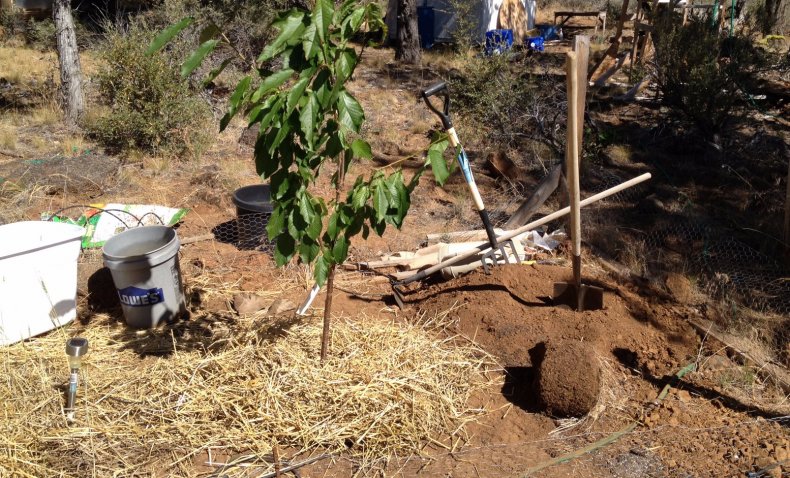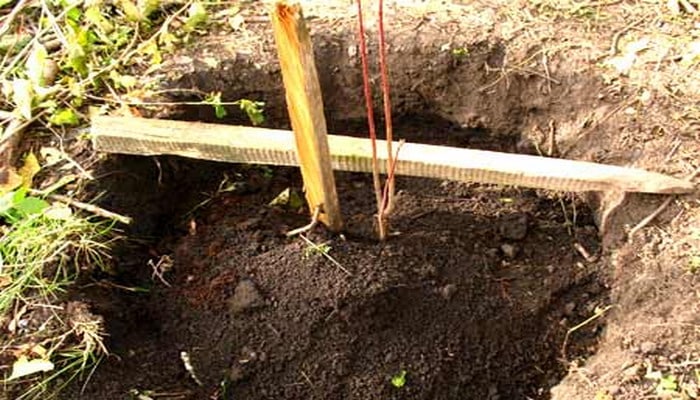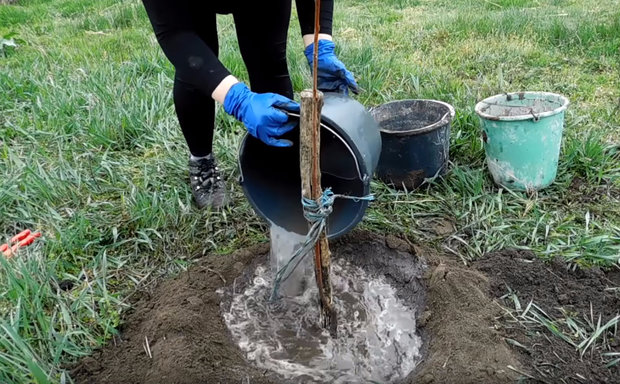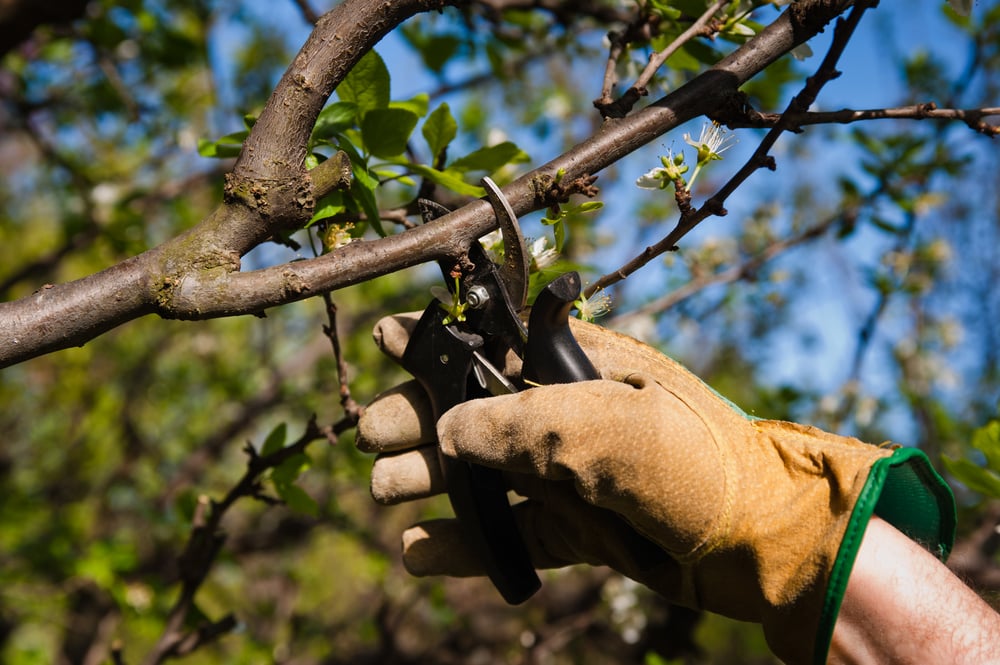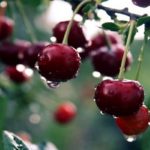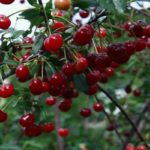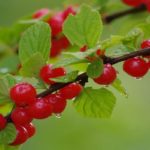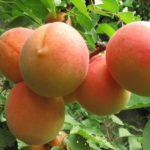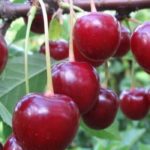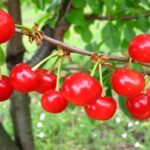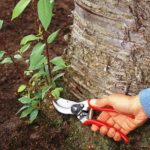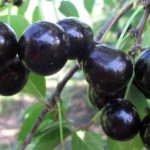Planting fruit trees is a complex process that requires preparation from the gardener. It is important to choose the right ones from the variety of varieties to grow. The description of the Apukhtinskaya cherry variety shows that the tree is resistant, productive, and has immunity to some diseases. In addition, it has a lot of advantages, for which summer residents love it and choose it.
Description of the variety
Before making your final choice, you should study the description of the Apukhtinskaya cherry variety.Taking into account some subtleties will help you obtain a stable, annual harvest, regardless of external factors. Some features of the tree have turned into advantages of the variety, which is why summer residents trust it and continue to plant cherries on their plots. Apukhta cherry is self-fertile, so there is no need to plant a pollinator nearby.
It ripens late, but this does not bother summer residents. The important thing is that the taste characteristics of the fruit are excellent. Due to this, they are used for storing for the winter or eating fresh.
Characteristics of the tree and fruits
This data will help you choose the right place for landing and take into account all the necessary nuances. Studying the characteristics makes it possible to avoid mistakes when growing:
- tree height 2.5-3 m;
- looks like a bush;
- drooping branches;
- the color of the flowers is white;
- ripens in August.
The fruits do not fall from the tree, so gradual ripening does not interfere with one-time harvesting. The fruits are heart-shaped, glossy, thin skin. The color of the berries is deep red. Cherries weigh on average 4 g and taste sour. But this does not prevent you from consuming them fresh. In addition, the fruits from this tree are excellent for preparing winter preparations, drying and freezing.
Landing rules
In order for the tree to grow and bear fruit, it is recommended to strictly follow the recommendations of experts when planting. Otherwise, the result will be much lower than stated by the manufacturers.
Selection of seedlings
The guarantee of the future harvest depends on the correct choice of seedlings. It is advisable to replant cherries at the age of 1-2 years; they take root best. The future tree should be healthy and even. No visible signs of deformation.
Particular attention should be paid to the roots; they must be well developed and have powerful lateral branches from the main root.
Choosing a landing site
Any cherry tree loves warmth, light and a windless corner. In such a place she feels good and grows quickly. It is better not to use lowlands for planting; it is better to choose a place on a hill. The small seedling needs sunlight and should not be shaded.
Soil preparation
Particular attention should be paid to the composition of the soil; it must be nutritious, neutral or slightly acidic. Clay soil is mixed with sand and peat, and strongly acidic soil is mixed with dolomite flour or lime. This helps neutralize unnecessary minerals and help the young plant grow.
14-20 days before planting, add humus with nitroammophos, mix thoroughly and leave for a while.
Planting stages
After the planting site has been selected and the soil has been prepared, the pits are prepared. Size 80 * 60, if several seedlings are planted at once, then the distance between the holes is at least 3 m. The next stage is installing a support. It is installed in the center and hammered. Subsequently, a young cherry is tied to it.
When planting, carefully monitor the roots of the tree; they are distributed evenly and gradually sprinkled with soil up to the root collar. The soil around the seedling is compacted and watered, trying not to wash out the roots. If necessary, add more soil. The final stage is mulching; it helps retain moisture and prevent weeds from appearing.
Care
After planting a fruit tree, high-quality care is required. The volume of the future harvest depends on the efforts of the gardener.Implementing basic agricultural techniques will help you get more fruit than from trees that are not cared for.
Watering
The peculiarity of the Apukhtinskaya cherry is that it practically does not require watering. Water the tree during planting and subsequently during prolonged drought. Once every 10 days. The rest of the time, natural precipitation is enough for her.
Trimming
A mandatory process that increases the yield of any tree. There are 2 types of pruning:
- formative;
- sanitary
The first method of pruning is carried out seasonally, in spring and autumn. The second is permanent, because in the process diseased, dry and deformed branches are removed. Crown formation begins in the first year. Apukhta cherry easily tolerates pruning, which has a positive effect on the harvest.
Top dressing
There is no need to feed immediately after planting for a year. Next year they feed:
- in the spring during flowering with urea or ammonium nitrate;
- after completion of flowering with organic matter;
- during ripening with urea;
- In late autumn, vegetable peelings or humus are placed around the target.
It is important to observe moderation in everything; it is better to underfeed than to overfeed.
Pest and disease control
An important stage in growing a tree is the fight against diseases and attacking insects. Effective methods involve the use of chemicals. The result is high-quality and durable, but harmful substances are retained in the plant and end up in the fruit. It is recommended to use traditional methods, their disadvantage is their short validity period.
Apukhta cherry is unpretentious and undemanding in care, so even a beginner can grow it.

